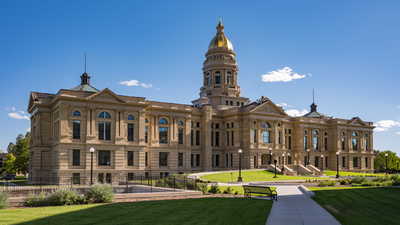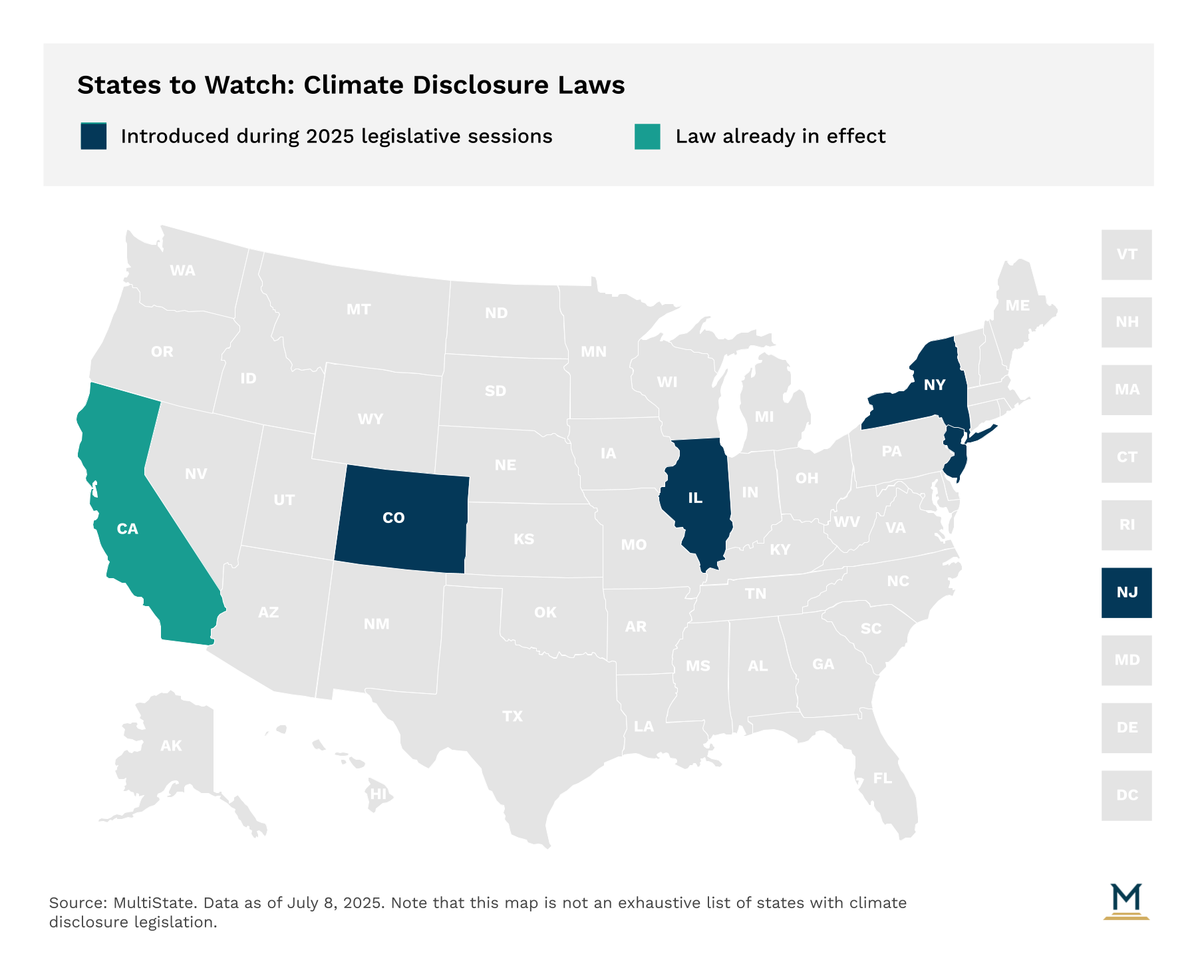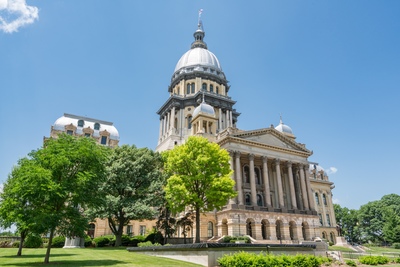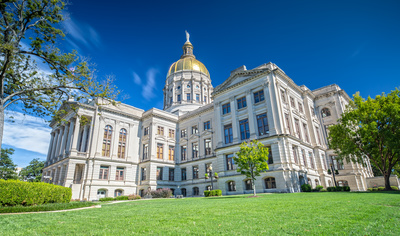
Energy & Environment
How Small Modular Reactor Laws Are Reshaping State Nuclear Energy Policy
January 23, 2026 | David Shonerd
July 8, 2025 | David Shonerd

Key Takeaways:
We get a lot of questions about the climate disclosure laws adopted by California in 2023, and whether other states are following suit. Many are also wondering about potential federal pushback against these blue state greenhouse gas reporting requirements. Here's what's happening on all fronts.
All eyes are on California Air Resources Board’s implementation of its climate disclosure laws, SB 253 (the Climate Corporate Data Accountability Act) and SB 261 (the Climate-Related Financial Risk Act), which Gov. Gavin Newsom (D) signed into law in October 2023.
The law requires companies doing business in California with annual revenue over $1 billion to report Scope 1, 2, and 3 emissions, beginning Jan. 1, 2026.
Here’s what those type of emissions are:
Scope 1 emissions are direct source emissions from a business’s facilities.
Scope 2 emissions are indirect emissions from use of energy and other inputs.
Scope 3 emissions are emissions from a company’s supply chain. Scope 3 emissions reporting is not required until 2027.
Lawmakers adopted a follow-up bill in 2024, SB 219, to further push off Scope 3 rules until 2027, and clarified that the deadline for CARB to have rules in place for implementation of the Scocalifope 1 and Scope 2 emissions requirements is July 1, 2025.
As of this writing, the California Air Resources Board (CARB) has yet to unveil the proposed rule language. At a recent (May 29, 2025) public workshop, CARB officials and the bills’ authors acknowledged that implementation into legal headwinds and the rules would not be proposed and opened for comment until later this year. Despite the regulatory delay, state Senators Scott Weiner (D) and Henry Stern (D) insist the timetables for SB 253 and SB 261 are “holding firm” for Scope 1 and 2 emissions in 2026, and Scope 3 in 2027. While a 6-month lead time was initially envisioned to give affected entities time to prepare for the laws’ requirements taking effect, CARB officials urge businesses to prepare regardless of when the rules are adopted.
A handful of other states have taken a crack at passing similar laws, but most are waiting to see what happens in California. Here are a few examples:
New York – A4282/S3456, modeled after California’s laws, introduced in January, but neither moved out of committee before NY’s session adjourned in June.
Colorado – HB 1119 was also modeled after California’s laws, but died in committee before the legislature adjourned sine die in May.
New Jersey – S 4117, also modeled after CA’s laws, was introduced in February and moved out of committee in March, but has not moved since. S 4117 does not have an Assembly companion, meaning there is little chance at passage in the opposite chamber.
Illinois – HB 3673 was also modeled after CA’s laws but never moved from committee before the legislature adjourned in May. This bill carries over to 2026.

The Trump administration's approach represents the biggest wildcard in this equation. President Trump’s executive order entitled “Protecting American Energy from State Overreach”, issued April 8, directed the Dept. of Justice to identify state laws on climate change or other policies that burden energy production.
The executive order dictated that the attorney general was to "expeditiously take all appropriate action” to stop the enforcement of such laws, and to submit a report within 60 days recommending legislative action or executive actions that the president could take to block the “state overreach.”
It was assumed Atty. Gen. Pam Bondi’s report would include recommendations to fight CA SB 253 and CA SB 261, but to date, the A.G. has not produced the report, missing a June 7 deadline for the report to be delivered.
The Department of Justice (DOJ) has filed suit against New York and Vermont over “climate superfund” laws enacted by those states, which would impose billions of dollars in penalties on oil and gas producers for historical greenhouse gas emissions. DOJ also filed suit to preemptively block Hawaii and Michigan from suing oil and gas companies.
Stakeholders on all sides are waiting to see what happens next with California’s much anticipated implementation of SB 253 and SB 261, which is already behind schedule, while also waiting to see if the U.S. DOJ follows through on its threats to block such laws.
One clue as to what may be in store for U.S. regulatory efforts may be found by looking at what is happening with the European Union, which recently voted to postpone implementation of its own climate disclosure laws. The E.U.’s "Corporate Sustainability” laws served as models for California’s own climate disclosure push, and the senators in Sacramento are in close contact with their overseas peers on these issues. The E.U.’s “Stop-the-Clock” Directive, adopted in April, delayed implementation of the greenhouse gas reporting requirements in Europe for two years for all but the largest international corporations, and other changes to Europe’s emissions reporting laws will be up for discussion during the delay.
MultiState’s team is actively identifying and tracking climate issues so that businesses and organizations have the information they need to navigate and effectively engage. If your organization would like to further track this or other related issues, please contact us.

January 23, 2026 | David Shonerd

January 22, 2026 | Daniel Kampf

October 27, 2025 | Billy Culleton